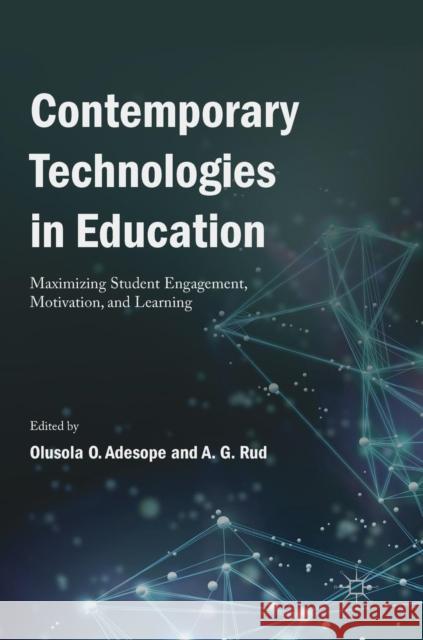Contemporary Technologies in Education: Maximizing Student Engagement, Motivation, and Learning » książka
topmenu
Contemporary Technologies in Education: Maximizing Student Engagement, Motivation, and Learning
ISBN-13: 9783319896793 / Angielski / Twarda / 2018 / 250 str.
This edited volume provides a critical discussion of theoretical, methodological, and practical developments of contemporary forms of educational technologies.











